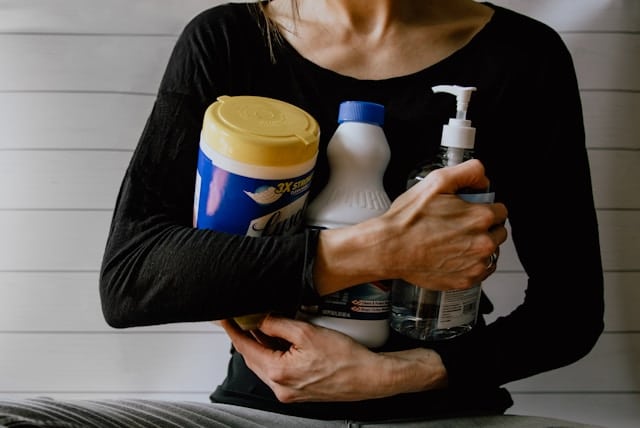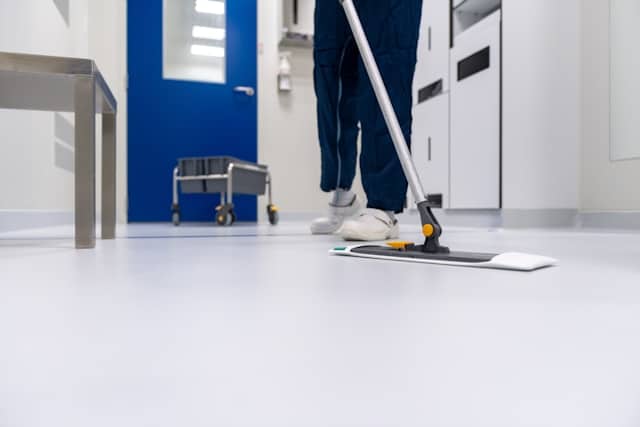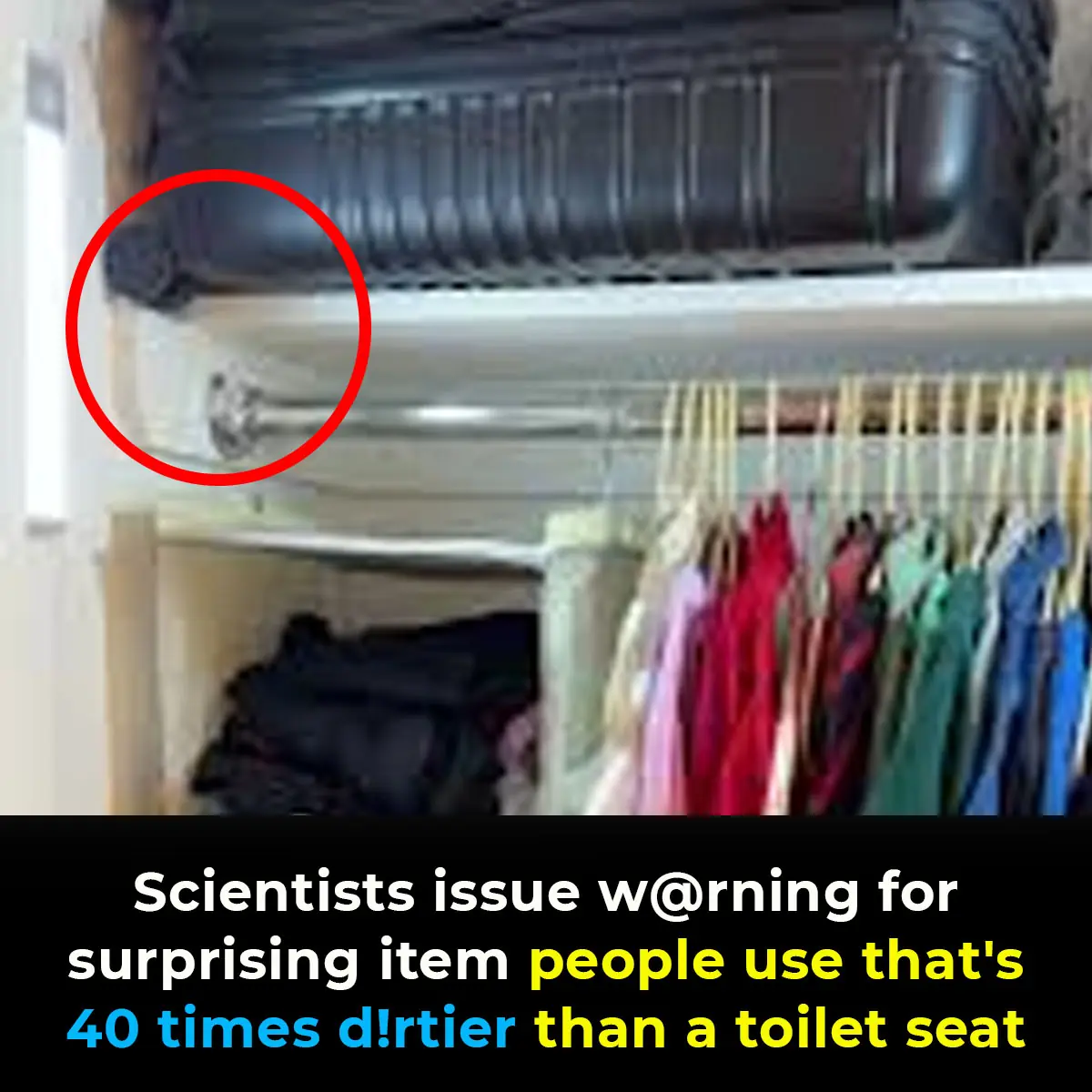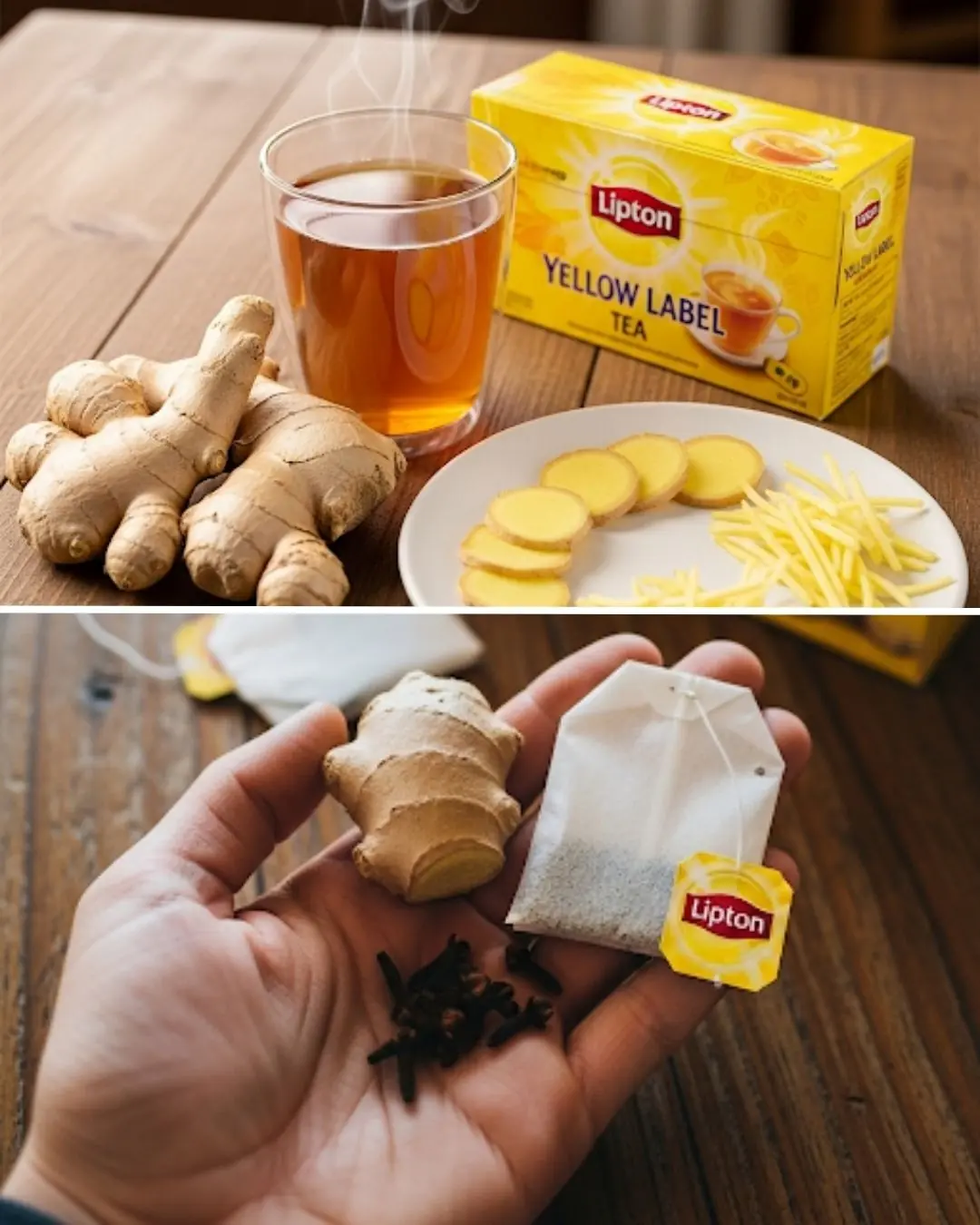
12 Small Habits That Could Be Ruining Your Home

Your home should be a sanctuary — a space of peace, comfort, and security. But even without realizing it, small daily habits and innocent oversights can quietly cause damage over time. Luckily, with a few mindful changes, you can protect your space and keep everything functioning beautifully. Here are 12 everyday mistakes to avoid, along with practical alternatives to help maintain a clean, healthy, and well-preserved home.
1. Be Cautious with Cleaning Products
Even trusted multi-surface cleaners can be damaging when used incorrectly. For example, toilet bowl cleaners contain acids that can erode grout and caulking when misapplied. Instead of using harsh chemical cleaners on delicate areas, try a gentle DIY solution that’s effective and safe:
-
½ cup baking soda
-
¼ cup hydrogen peroxide
-
1 tablespoon dish soap
Mix the ingredients and apply to grout. Let it sit for at least five minutes before scrubbing with a brush. This method lifts grime without damaging the surface.
Bonus Tip: Always read the labels — even eco-friendly products can be too harsh for certain materials like natural stone or untreated wood.
2. Don’t Spray Cleaners Directly on Surfaces

Spraying cleaning solutions straight onto surfaces can lead to a buildup of residue that attracts dust or even damages finishes over time. This is especially true for electronics, furniture, and screens.
Instead, spray the cleaner onto a microfiber cloth, then wipe the surface. This not only gives you better control but also helps avoid streaks and oversaturation.
3. Dry Off Before Leaving the Bathroom
It may seem harmless to walk around slightly damp after a shower, but it can slowly warp floors and lead to mildew or mold in the long run. Water left behind can seep into wood or tile seams, weakening flooring over time.
What to do: Fully towel off inside the bathroom before stepping out. Consider using absorbent bath mats that dry quickly to minimize moisture exposure.
4. Avoid Excess Water on Hardwood Floors

Hardwood is durable but sensitive to water. Regular mopping with too much water or leaving spills unattended can cause planks to swell, warp, or crack.
Solution: Use a cleaner made specifically for hardwood floors or create a gentle mix of oil soap and water. Lightly dampen your mop — never soak it — and dry floors promptly afterward.
5. Don’t Ignore Exhaust Fans
Exhaust fans in bathrooms and kitchens serve more than just odor control — they remove excess moisture, preventing mold, mildew, and damage to walls or ceilings.
Action tip: Run the fan during and at least 15–20 minutes after a shower or heavy cooking session. And don't forget to clean the vent covers and fans at least once a season to keep them functioning efficiently.
6. Watch for Hidden Moisture Spots

Moisture can hide in unexpected places — under rugs, inside toothbrush holders, behind washing machines, or under potted plants. Left unchecked, these damp zones can breed bacteria, mold, or even attract pests.
Preventive steps:
-
Wash bathroom rugs, towels, and display towels regularly
-
Empty and sanitize toothbrush holders weekly
-
Use coasters or trays under indoor plants to protect surfaces
-
Wipe condensation from windows and bathroom mirrors daily
7. Use Vinegar with Caution
Vinegar is a popular natural cleaning solution, but it’s not a cure-all. Its high acidity can damage rubber seals in dishwashers, fade hardwood finishes, or strip protective coatings from granite and marble.
Safe use: Use vinegar only on surfaces known to tolerate it (like glass or some plastics), and avoid using it inside appliances or on natural stone.
8. Let Your Bed Breathe Before Making It
While it’s tempting to make your bed immediately after waking up, doing so traps body heat and moisture — creating an ideal environment for bacteria and dust mites.
Instead, pull back the sheets and let your bed air out for 30–60 minutes. This helps evaporate sweat and reduces odor and allergens.
Bonus Tip: Wash bed linens weekly and vacuum mattresses monthly to keep your sleeping environment fresh and healthy.
9. Skip the Sponge for Some Jobs
Sponges harbor bacteria and can spread contaminants around your kitchen — especially after contact with raw meat or unwashed produce.
Better alternatives:
-
Use disposable paper towels or cloths for high-risk cleanup
-
Sanitize cutting boards with hydrogen peroxide or diluted bleach
-
Replace kitchen sponges frequently — ideally every 1–2 weeks
Or better yet, switch to silicone scrubbers, which dry faster and are easier to sanitize.
10. Shield Furniture from Sun Damage

Natural light is beautiful, but overexposure can fade fabric, crack leather, and dry out wood. This is especially common in south-facing rooms or spaces with large windows.
Protection tips:
-
Use sheer curtains or UV-blocking window films
-
Rearrange furniture every few months to distribute exposure evenly
-
Apply fabric protectors or wood conditioners regularly
11. Vacuum Instead of Sweeping
Sweeping tends to push dust and debris around, especially on hard surfaces like wood or tile. A vacuum cleaner — even a handheld or stick vacuum — does a far better job of removing dust, pet hair, and allergens.
Upgrade idea: Consider using a vacuum with a HEPA filter to improve indoor air quality, especially in homes with pets or allergies.
12. Don’t Overfill Storage Spaces
While it’s tempting to maximize every inch of storage, overstuffing closets, cabinets, or storage bins prevents airflow and increases humidity — which can lead to mildew or damage drywall.
What to do instead:
-
Leave room for airflow around items
-
Use moisture absorbers like silica gel or baking soda in closets
-
Rotate stored clothing or linens seasonally to avoid long-term compression damage
Final Thoughts
Home maintenance isn’t just about big renovations or deep cleaning. The small, consistent choices you make every day can either protect or slowly wear down your space. By being mindful of these habits — and adjusting where necessary — you’ll extend the life, beauty, and comfort of your home for years to come.
News in the same category


Trump is Looking to Change Marijuana Laws in the Us and It Could Have a Major Impact

Decode the secrets behind human fingerprints.

Ch!lling simulation shows what actually happens to your body when you d!e

Scientists issue warning for surprising item people use that's 40 times dirtier than a toilet seat

Scientists reveal what your favorite way to eat eggs really says about you

Truth behind 5,000-year-old Stonehenge mystery as scientists reveal how it was actually built

New report reveals exactly which professions are most at risk from AI takeover in the next five years

Are Brown Recluse Bites Really That Dangerous? Here’s What You Should Know

Blue Stop Signs: What Do They Mean?

16 Subtle Clues Your Partner May Not Be Loving You as You Deserve

15 Phrases You Should Never Tell a Man to Avoid Tension

The UK Has Created a Robot Fish That Eats Ocean Plastic and Powers Itself by Digesting It, Eliminating the Need for a Battery

MrBeast finally reveals his net worth after admitting how much is in his bank account live on stream

Influencer trapped in one of the most remote places on Earth faces brutal fine as legal fate is revealed

Texas announces major plan to fight flesh-eating flies as they prepare to descend on the US

The Volume Buttons on Your iPhone Have Countless Hidden Features
Your iPhone’s volume buttons may seem simple, but they’re packed with powerful, time-saving shortcuts. From snapping perfect photos without touching the screen to activating emergency calls in seconds, these “secret” tricks can make your iPhone ex

The reason dogs often chase and bark some people but not others
While dogs are often called “man’s best friend,” not every interaction starts with a wagging tail. Sometimes, a dog will bark, growl, or even run after a person — and the reasons go far deeper than simple playfulness.

Can You Find the Hidden Pipe? Only 2% Can!
News Post

Does Chest Pain Always Mean a Heart Attack?

10 Tasty Snacks Packed With Good-for-You Carbs

Pokeweed: The Attractive but Highly Toxic Plant Growing in Your Backyard

Goosegrass: Health Benefits and Uses

The Powerful Health Benefits of Lipton, Cloves, and Ginger Tea Every Woman Should Know

Drink this before bed to balance blood sugar & stop nighttime bathroom trips!

This vegetable oil linked to “aggressive” tumour growth, study finds

The Miracle Tree: 16 Health Benefits of Moringa & How to Use It

Clove Collagen Gel : Night Gel For A Smooth & Tight Skin

Transform your skin with fenugreek seeds

8 Natural Remedies to Cure Sinus Infections Without Antibiotics

Watch – Mexico City is Converting Highway Pillars Into Vertical Gardens to Clean the Air and Beautify the City

Trump is Looking to Change Marijuana Laws in the Us and It Could Have a Major Impact

The Best Hair Growth Vitamins and Supplements to Fight Hair Loss

Foods to Eat if You Need to Poop – The Best Natural Laxatives to Relieve Constipation

The 4 vitamins this 87-year-old woman takes to stay aging (and you can too)

6 Powerful Castor Oil Benefits for Your Health and Wellness

The Possible Benefits of Himalayan Salt Lamp

The Most Effective Ways to Get Rid of Bumps on Inner Thigh (Backed by Science)
